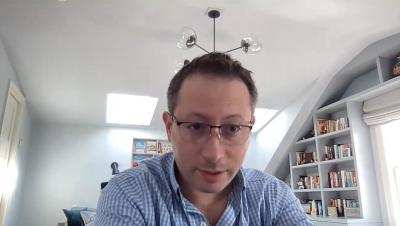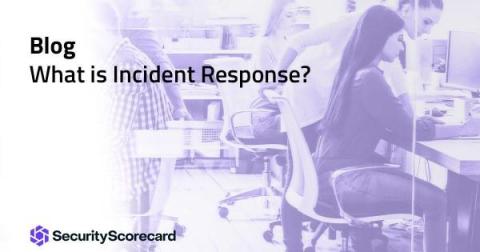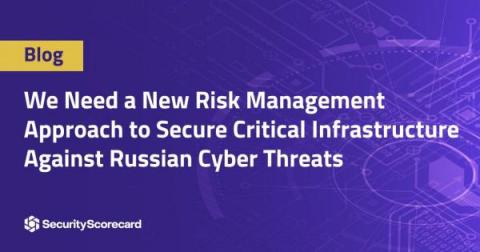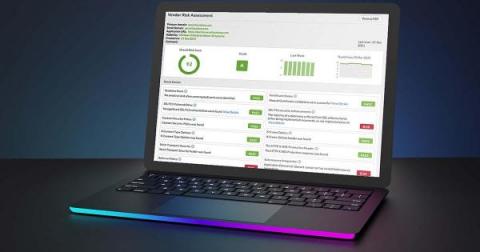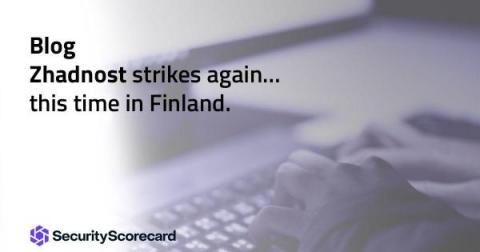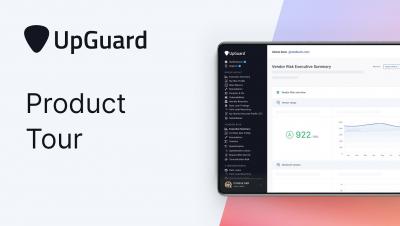Security | Threat Detection | Cyberattacks | DevSecOps | Compliance
Risk Management
What is Incident Response?
Creating an incident response plan is mission-critical for modern organizations. As threat actors continuously evolve their attack methodologies, organizations need the people, processes, and technologies that allow them to rapidly respond to a security incident. According to research, attacks have increased by 15% since 2019.
Top 7 Vulnerability Mitigation Strategies
How Compliance Can Strengthen Your Risk Posture
We Need a New Risk Management Approach to Secure Critical Infrastructure Against Russian Cyber Threats
A democratized approach to cybersecurity risk management that leverages continuous monitoring and public-private partnerships is overdue, and critical, for today’s cyber threat environment.
Trustwave Security Colony Vendor Assessment: Know Your Vulnerabilities Before Others Do
This is the second installment in Trustwave’s in-depth tour of our Security Colony platform. For a broad overview of what Security Colony offers please read 5 Ways CISOs Can Leverage the Power of Trustwave Security Colony. Self-evaluation in any area, much less cybersecurity, can be challenging. Is my performance at work strong and consistent? Am I being friendly to my neighbors?
Zhadnost strikes again... this time in Finland.
SecurityScorecard (SSC) has identified a DDoS attack which targeted the websites of the Finnish Ministry of Foreign Affairs and Ministry of Defense. SSC discovered more than 350 bots, mainly located in Bangladesh and African countries, which are now considered to be part of the Zhadnost botnet, previously discovered by SSC in March.
What To Do If You Think Your Company Has Been Hacked
Nearly every day, it seems like you’re reading about another data breach in the news. Between ransomware attacks and nation-state actors, you can’t rely on the old “trust but verify” adage anymore. Cyber resilience isn’t about preventing all threats, it’s about creating a security program that allows you to identify, investigate, contain, and mitigate threats quickly and effectively.


